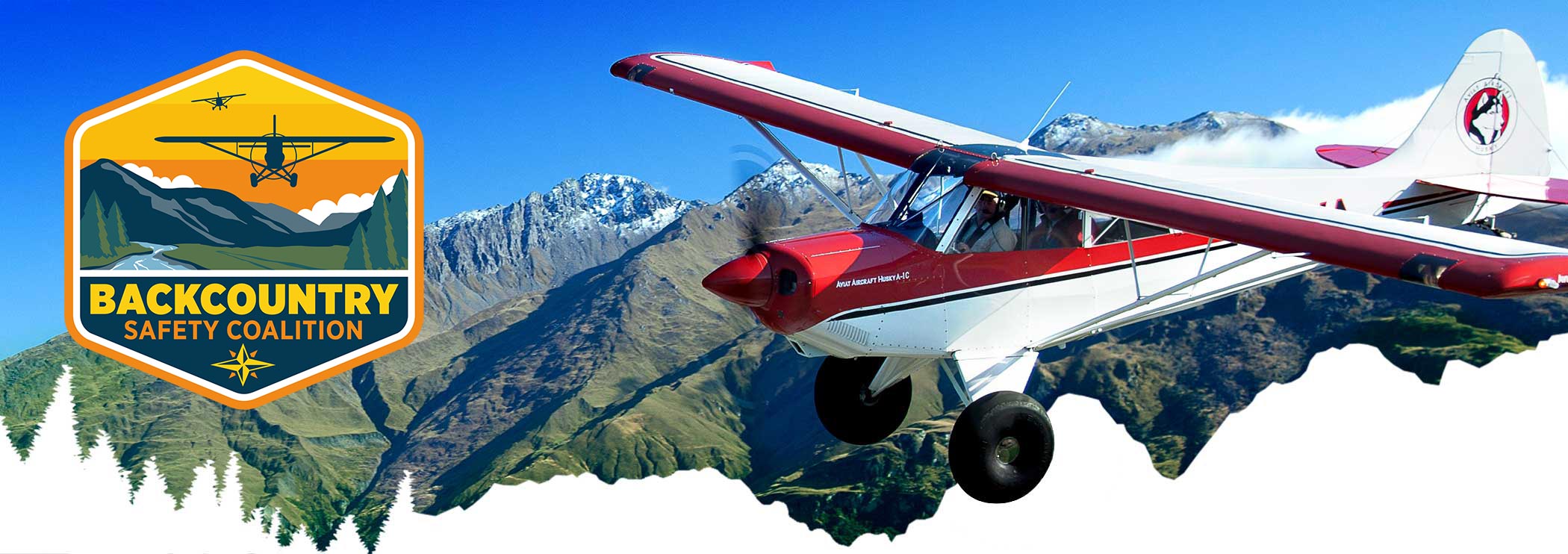Backcountry Resource Center

Heading into the backcountry? Start here.

It’s no secret: Backcountry and mountain flying have gained tremendous popularity in recent years. Pilots who participate in this sector of aviation have myriad reasons for doing so—a new challenge, a great way to sharpen their flying skills, breathtaking views, and a chance to get off the grid for the ultimate feel of freedom. Whatever the reason, the allure of backcountry flying is undeniable.
But flying in the backcountry comes with a unique set of challenges, and therefore, risks. The past few years have seen some troubling mishaps, so our focus is set on improving safety while making flying in the backcountry more accessible and enjoyable.









